The guys over at 119 Ministries are constantly putting out thought provoking and compelling material. This is not a long video but is one that needs to be seen by those who question the validity of full-testament theology.
From the 119 Ministries website:
"Everyone likes to think they have a good understanding of the scriptures and their faith. Though most will confess they don't have all the answers, they aren't always as apt to act in changing their faith accordingly to when truth is presented before them. Here are some questions we wish everyone in the world would ponder and pray over."
After watching the video visit the 119 Ministries website at http://testeverything.net/ and consider supporting their endeavors.
Shalom Aleichem!
The H.U.B.
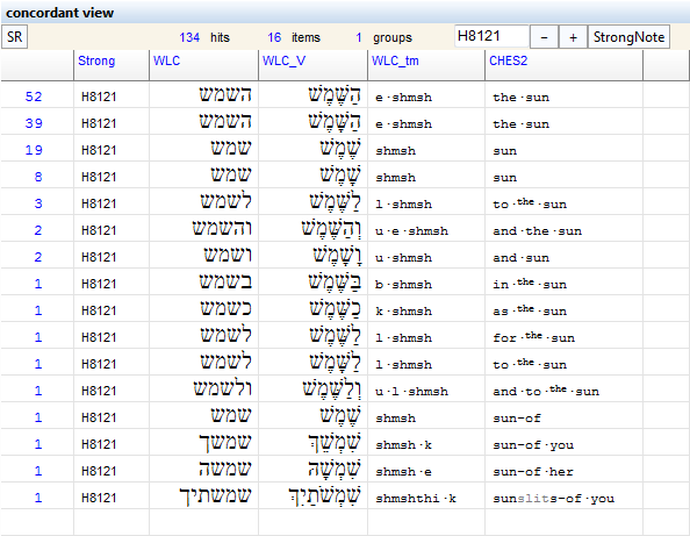
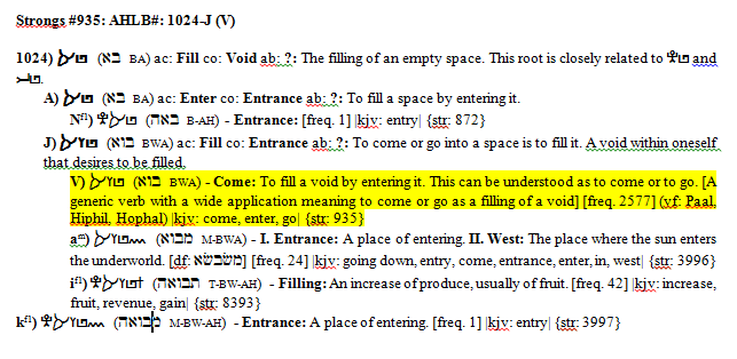
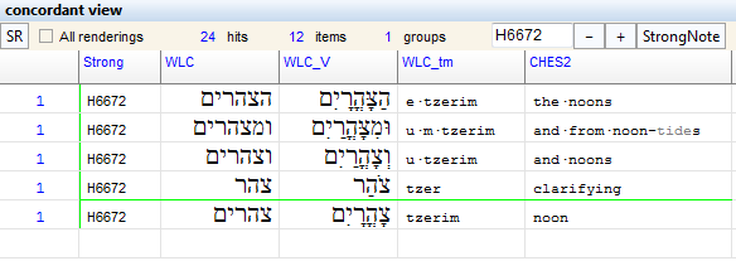

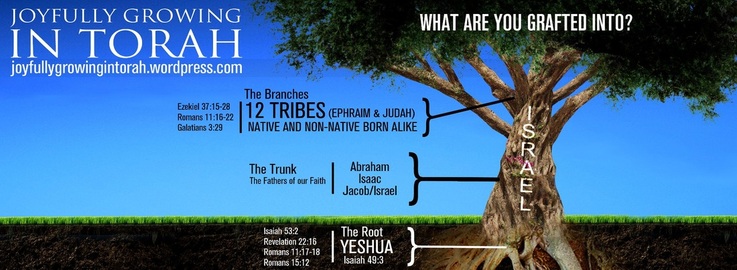
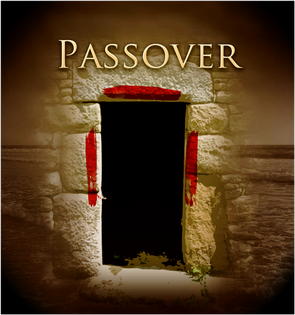
 RSS Feed
RSS Feed
